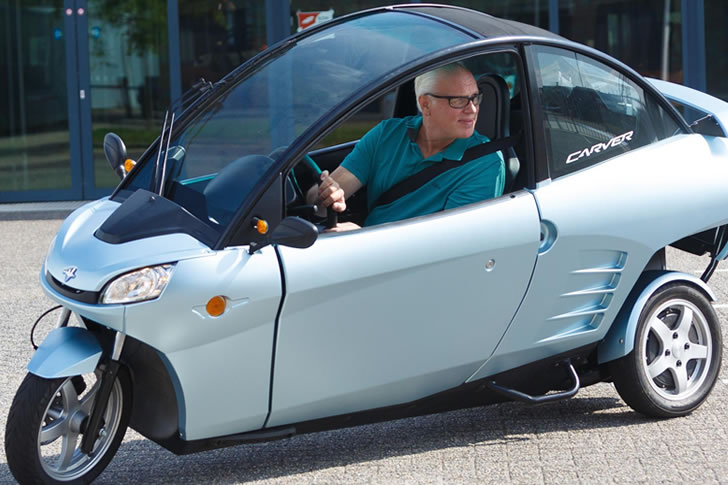Budget-Friendly Electric Car Choices for Senior Drivers
The transition to electric vehicles (EVs) is accelerating, urged by global efforts to reduce carbon emissions and the automotive industry’s innovation. Electric cars offer numerous benefits for senior drivers, including lower maintenance costs, simpler mechanics, and the golden promise of environmental sustainability. However, the initial costs of EVs can be daunting. This article provides practical ways for seniors to own an electric car without breaking the bank.

Federal and State Incentives
Governments worldwide are pushing for an electric vehicle revolution, offering various incentives to make EVs more accessible. In the United States, the federal government provides an electric vehicle tax credit of up to $7,500, depending on the battery size and the car’s make. This tax credit is a significant first step in reducing the upfront cost of an electric car.
States also offer additional incentives that can lower the price further. These include rebates, tax exemptions, and reduced registration fees. For instance, California offers a Clean Vehicle Rebate Project (CVRP) which provides up to $4,500 in rebates for the purchase of a qualifying electric vehicle.
Seniors should explore the Database of State Incentives for Renewables & Efficiency (DSIRE) website for specific information regarding the incentives available in their state.
The Pre-Owned Electric Vehicle Market
The pre-owned market for electric vehicles is expanding. As more people adopt electric cars, more used EVs become available, often at significantly reduced prices. Websites like Autotrader and CarMax, as well as local dealerships, can be excellent resources for finding used electric cars.
Typically, a three to five-year-old used electric car can be purchased for half of its original sales price, if not less, depending on the model and condition. For example, the popular Nissan Leaf or Chevrolet Volt can often be found at around $13,000, which is quite affordable compared to new car prices. These cars still benefit from electric technology and can meet the daily transportation needs of most seniors.
Leasing Options
Leasing an electric car instead of purchasing it outright can be more viable for seniors. This option significantly lowers upfront costs while allowing upgrades to newer models every few years. Furthermore, since electric vehicles are still evolving technology, leasing can be a wiser choice that protects from rapid depreciation.
Monthly lease payments for electric vehicles can be quite competitive when compared to similar gas-powered cars, especially when considering the savings on fuel and maintenance. Promotional lease deals can reduce costs even further, sometimes bringing the cost down to as little as $99 per month under specific terms.
Senior Discounts and Programs
Some manufacturers and dealerships offer discounts specifically for seniors. While these discounts are not always widely advertised, asking a local dealer about any available senior discounts or programs can lead to savings.
In addition, non-profit organizations or local community groups often have programs to assist seniors in purchasing new technology, including electric vehicles. These programs can sometimes offer additional rebates or financial assistance based on income or need.
Consider Your Vehicle Needs Carefully
Choosing the right vehicle model can drastically affect the purchase price. Seniors needing only a compact vehicle for city driving can opt for smaller, less expensive electric models like the Mini Electric or the Nissan Leaf. These vehicles are more affordable and still provide the range needed for typical daily use.
Finally, keeping an eye on upcoming initiatives or new incentives around EVs can also benefit forward-thinking seniors. As the EV market continues to grow, opportunities to make a switch to an electric vehicle on a budget will likely increase.
Conclusion
For seniors looking to shift to an eco-friendly driving option, electric vehicles can offer a practical solution. By leveraging federal and state incentives, considering the pre-owned market, exploring leasing options, asking for senior-specific discounts, and choosing the right vehicle type, affordable electric vehicle ownership is within reach.
Given the pace of change in the EV landscape and ongoing governmental support, it’s a promising time for seniors to consider making the leap to electric mobility, combining the advantages of lower ongoing costs with the pleasure of driving a cleaner, more technologically advanced vehicle.







Recent Comments